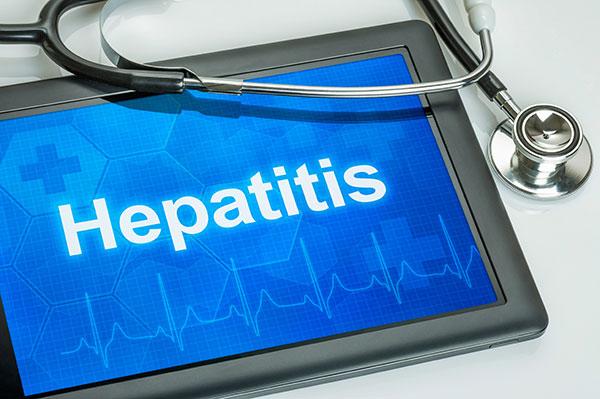What is hepatitis A?
Hepatitis A is a serious liver disease caused by the hepatitis A virus (HAV). HAV is found in the stool of people with hepatitis A.
It is usually spread by close personal contact and sometimes by eating food or drinking water containing HAV. A person who has hepatitis A can easily pass the disease to others within the same household.
Hepatitis A can cause flu-like illness, yellowing of the skin or eyes, darkening of the urine or severe stomach pains and diarrhea. About 1 in 5 people with Hepatitis A have to be hospitalized and can lead to extended work absences and death (about 3–6 deaths per 1,000 cases).
Who should get the hepatitis A vaccine and when?
Some people should be routinely vaccinated with
hepatitis A vaccine:
- All children between their first and second birthdays (12 through 23 months of age).
- Anyone 1 year of age and older traveling to or working in countries with high or intermediate prevalence of hepatitis A, such as those located in Central or South America, Mexico, Asia (except Japan), Africa, and eastern Europe. For more information see www.cdc.gov/travel.
- Children and adolescents 2 through 18 years of age who live in states or communities where routine vaccination has been implemented because of high disease incidence.
- Men who have sex with men.
- People who use street drugs.
- People with chronic liver disease.
- People who are treated with clotting factor concentrates.
- People who work with HAV-infected primates or who work with HAV in research laboratories.
- Members of households planning to adopt a child, or care for a newly arriving adopted child, from a country where hepatitis A is common.
Other people might get hepatitis A vaccine in certain situations
- Unvaccinated children or adolescents in communities where outbreaks of hepatitis A are occurring.
- Unvaccinated people who have been exposed to hepatitis A virus.
- Anyone 1 year of age or older who wants protection from hepatitis A.
How can I learn more?


